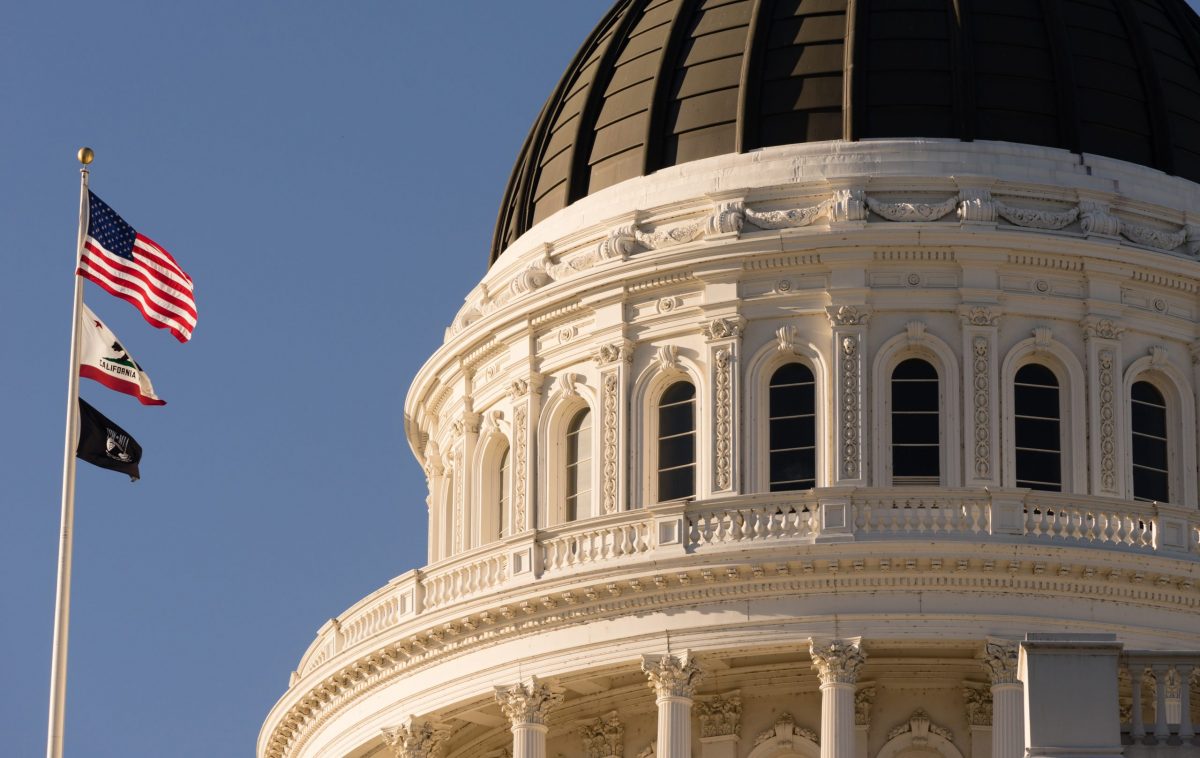
No More "Chevron Deference": A Primer for Nonprofits
12.19.2024 | Linda J. Rosenthal, JD

Just in time to enjoy an overpriced Pumpkin Spice Latte, we can now review this year’s recently concluded California legislative session. There were a number of nonprofit-sector wish-list items on the menu.
In A New Crowdfunding Law – At Last! (September 28, 2021), we discussed the major legislative accomplishment this year for our community. Assembly Bill 488 – a charity-crowdfunding measure – made its way to home plate after several years of disappointing strike-outs. By the date of our post, the new law was safe from any veto. Now we can report that Governor Gavin Newsom did, indeed, sign that bill into law on October 7, 2021. The effective date is (intentionally) delayed until January 1, 2023.
Kudos to Assemblymember Jacqui Irwin (D-Dist.44, Camarillo) who sponsored Assembly Bill 488 and shepherded it all the way through to the end. We also add a shout-out to the California Attorney General, Rob Bonta. On social media, several colleagues have helpfully pointed out how he and his team convened critical stakeholder meetings and were otherwise instrumental in the eventual success of this legislation. See also Attorney General Bonta and Assemblymember Irwin’s Legislation to Provide Oversight of Online Charitable Fundraising Platforms Signed into Law (October 7, 2021) Joint Press Release.
Assembly Bill 663 “Corporations: electronic transmissions: bylaws: emergency powers.” (2021-2022), sponsored by Assemblymember Phillip Chen (R-Dist.55, Brea) was signed by the governor on October 5, 2021.
Although at first blush it “may seem minor,” – loaded up with highly technical amendments to the California Corporations Code – it’s an important and necessary piece of procedural legislation applauded by the nonprofit law bar and supported on both sides of the aisle. (In the Assembly, the measure passed unanimously.)
When the COVID-19 pandemic struck in March 2020, we began living in those “interesting times” none of us expected or wanted. California lawmakers hadn’t been entirely asleep at the wheel when the crisis struck. See our post from March 20, 2020: Nonprofit Board Meetings in an Emergency. The California Corporations Code (covering both businesses and nonprofits in separate parts) already recognized the growing availability and widespread use of technology advances including electronic communications. There were laws, as well, providing some flexibility of power and authority in times of emergency.
But these measures didn’t go far enough, we sadly learned in hindsight. Even the definition of “emergency” in the Corporations Code failed to encompass the full scope of our particular global catastrophe.
In California Nonprofits: New Changes to the Corporate Laws (October 9, 2021) NEO Law Blog, attorney Gene Takagi ably explains how the legislators corrected these deficiencies with Assembly Bill 663. He includes certain pertinent comments in the Legislative Counsel’s Digest: “This bill would revise the above provision to specifically refer to an attack on or within this state or on the public security of its residents by an enemy of this state or on the nation by an enemy of the United States. The bill would specify that ‘emergency’ includes an epidemic, pandemic, or disease outbreak.”
AB 663 also corrects another problem in existing law; namely, the use of the word “ordinary.” The new version “omits references to the corporation’s ‘ordinary’ business operations and affairs. Instead, it refers simply to the corporation’s “business operations and affairs.” We all learned the hard way that in an “emergency,” nothing is “ordinary.”
To track these changes, go to the California Legislative Information’s website section on AB 663. The “Today’s Law as Amended” table shows the old law and the new law, with variations indicated in red and blue mark-ups.
A bill sponsored by Assemblymember (and Majority Leader) Eloise Gomez Reyes (D-47th Dist., San Bernardino), makes an important change to the duties of charitable trustees in California. Under new Assembly Bill 900, “Charitable Trusts” (2021-2022), they must now give 20 days notice to the Attorney General before selling or otherwise disposing of all or substantially all of a charitable trust’s assets.
The Legislative Counsel’s Digest for the California Legislative Information’s section on AB 900 indicates that “[e]xisting law regulates trust administration and requires a trustee to administer the trust according to the trust instrument, as specified. Existing law defines a charitable trust and prescribes the duties of the trustee of a charitable trust.”
AB 900 amends the California Probate Code to add new section 16106(a), requiring any “trustee holding assets subject to a charitable trust” to “give written notice to the Attorney General at least 20 days before the trustee sells, leases, conveys, exchanges, transfers, or otherwise disposes of all or substantially all of the charitable assets.” New subsection (b) specifies that the Attorney General must “establish rules and regulations necessary to administer this section” beginning on and after January 1, 2022.
Signed by Governor Newsom on October 8, 2021, the key provision goes into effect on and after July 1, 2022.
The work of the California legislature continues behind-the-scenes over the fall and the early winter months as assembly members and senators regroup and prepare to begin again in early 2022.
— Linda J. Rosenthal, J.D., FPLG Information & Research Director
